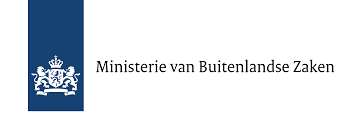The overall concept of the proposed pilot activity is the integrated and locally adopted knowledge generation through the merger of innovative science with local community inclusion and feedback, packaged with - and for - Jordanian governmental institutes. A combination of novel science and experiments within a community participatory approach will strive towards filling the existing knowledge gaps on adaptability and environmental impacts of the application of processed sludge in Jordan’s agro-pastures. This will be achieved through the strong science consortium established, which consists of an ICARDA, the Jordanian NARC and a well-acknowledged local university (BAU). The consortium will share efforts, and participate in an active exchange of experts, students and local community members from the target area.

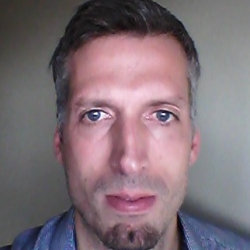
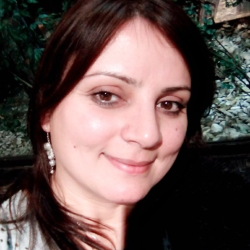
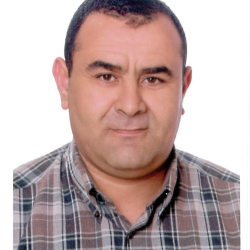


.png)
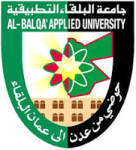
.png)
